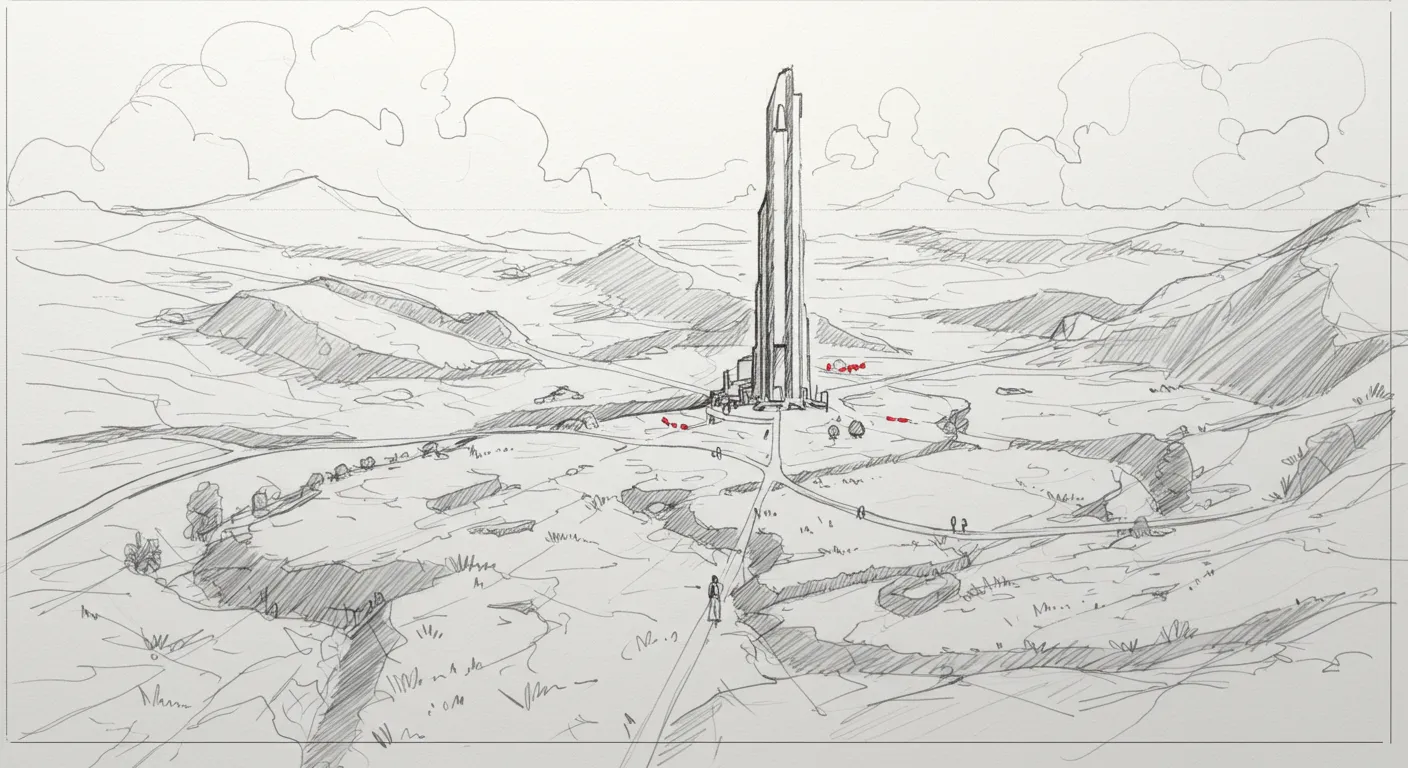The traditional promise of a college degree as a guaranteed pathway to professional success is being fundamentally challenged. Online commentators are questioning the value of higher education, pointing to rising costs, disconnection from practical skills, and a changing job market that seems increasingly skeptical of traditional credentials.
The discussion reveals deep frustration with the current educational and professional paradigm. Many argue that bachelor's degrees have morphed from an elite finishing school to an expensive, often impractical vocational ticket that saddles students with crippling debt. The system appears increasingly detached from the actual skills businesses need, creating a disconnect between education and employment.
Technological disruption, particularly the rise of artificial intelligence, is accelerating these tensions. Some online commentators see AI as a potential catalyst for reimagining education and work, suggesting that standardized degree programs might give way to more flexible, skill-focused learning models. The underlying theme is a growing recognition that the one-size-fits-all approach to higher education is becoming obsolete.
Economic pressures are further complicating the landscape. With companies looking to trim costs and increase efficiency, knowledge workers find themselves in an increasingly precarious position. The traditional career trajectory of accumulating credentials and climbing corporate ladders seems increasingly uncertain.
Yet, amid the critique, there's a persistent hope for reinvention. Commentators aren't calling for the complete abandonment of education, but rather its radical transformation. They envision a future where learning is more personalized, practical, and aligned with rapidly evolving workplace demands.


